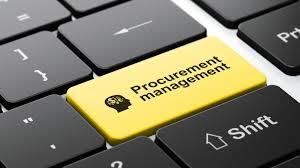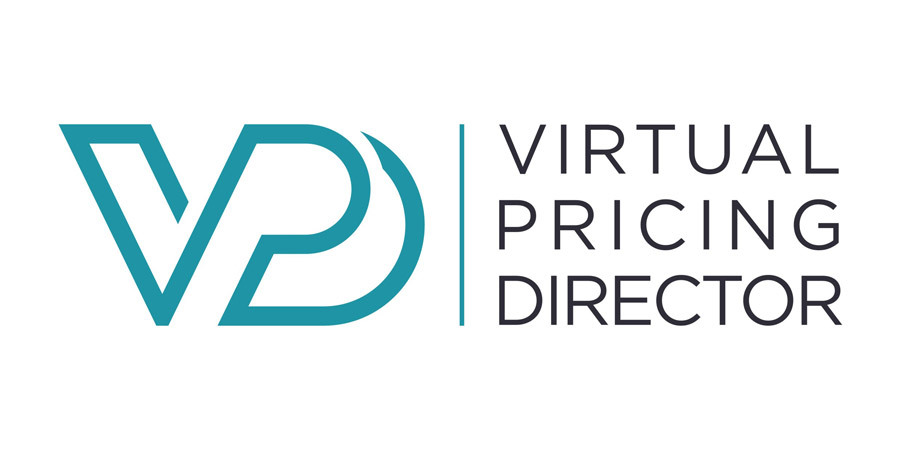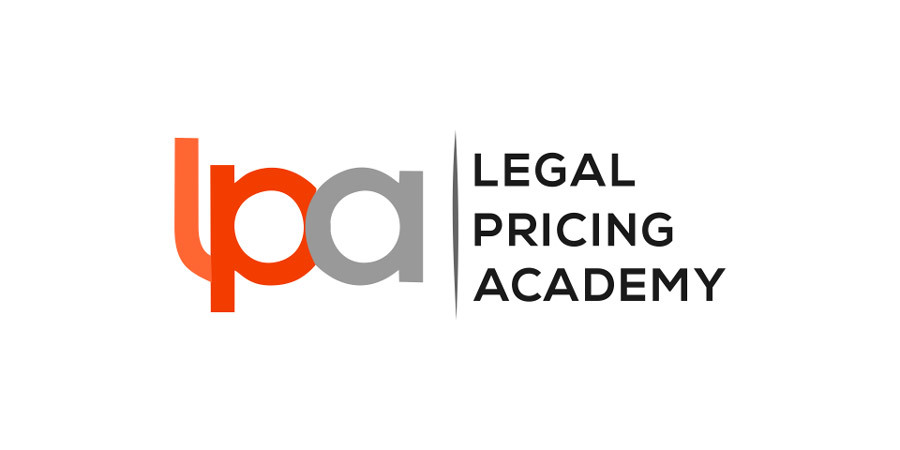‘Never the twain shall meet’ - a phrase used by Kipling in 'Barrack-room Ballads' in 1892, to lament the gulf of understanding between the British and the inhabitants of the Indian subcontinent. Many law firms that I know would say a similar gulf exists between them and the procurement manager; different language, a lack of shared reference points, opposing goals…

But it doesn’t have to be like that. I’ve spent the last five years as a legal procurement specialist for a FTSE 100 company and can categorically say that it’s possible to have an effective, mutually respectful and successful triumvirate relationship between procurement, GCs, and law firms, provided that all sides are willing to invest time and effort, like any relationship.
All you need is shared understanding. Common goals. Defined responsibilities. Compromise. Emotional intelligence. Investment. Learning. Self-awareness. Mutual respect… These things define any good working relationship.
Straight-forward? It should be. We all want good working relationships. In my experience, law firms, GCs and procurement want exactly the same things when it comes to delivery – risk management, demonstrable value for money, great results and commercial viability. The tricky bit is defining what these mean to each party at the start of a transaction, and figuring out how to measure it in a way that doesn’t take more effort than the work itself...
I’ve bought many different ‘categories’ in my procurement career and I always approached it in the same way. I invested time and effort understanding what it was I was being asked to buy, and in getting to know the people I was buying it for, so that I know what was important to them.
I then spent a significant amount of time with the suppliers in helping them understand all of that. Procurement 101 - it’s much easier for a supplier to deliver great results to their client when they know what ‘great’ looks like…
When I first started out in procurement I used to buy IT hardware, but I am never going to understand the innards of a laptop. I have never needed to – that was the role of my stakeholders and suppliers, as subject matter experts. I had a clearly defined role - to make sure the scope was well defined, to clearly articulate the service I expected from the people supplying the hardware, and to ensure value for money could be demonstrated to the wider team, including Finance, in buying that laptop.
The suppliers’ role was to provide varying technical and service options, with the pricing and technical specifications for each clearly articulated. Everyone involved understood that premium service options come at a higher price.
Legal procurement is no different. Procurement’s role is to manage the pitch process and broker the purchase of the right service at the right price. They are there to ensure that there is a clear specification against which legal firms can quote, and to articulate the overall service that’s expected.
To be effective, the procurement manager needs to understand the language of law, and the legal marketplace. They need to know that suppliers are ‘firms’ and that rates are generally hourly and exclude taxes. They don’t need to know the exact circumstances of a specific legal matter; as subject matter experts, that is the responsibility of the client’s legal team to define and the law firm to specify, clearly articulating the service options and overall value proposition.
As legal providers we can help ourselves in dealing with procurement, by taking time at the outset of a transaction to really understand what’s required in terms of scope and overall service, and to decide whether that’s something we want to bid for.
Don’t be afraid to ask why you’ve been asked to bid or what your chances are – that open dialogue may just save a lot of money in pitching for something that there is only an outside chance of winning.
I don’t know a single buyer that would think badly of a firm who declined to bid after that discussion, because it wasn’t an opportunity that was attractive enough for them on this occasion, provided that was explained honestly.
So drawing on my personal experience, my top tips for narrowing that gulf…
· Believe that client procurement teams are approachable, and seek to build a relationship that extends beyond the bid process. If procurement can’t or won’t engage with you outside of bid processes, are there breakfast forums and other events that you can engage through to build a relationship? Knowing them will help you know what’s going on and improve your chances of winning that next big pitch.
· When pitching, present options that give clients choice, with a range of commercial propositions that deliver varying levels of clearly articulated service and risk. Procurement professionals are experts at commercial analysis and I have often worked alongside firms to help clearly articulate the deliverables and value for money for a given legal transaction, in a common language that the wider internal client team understands. Jointly explaining the drivers and circumstances of a particular matter can really help justify a firm’s costs, especially to the Finance team
· Seek feedback on pitches, and ask what procurement teams find challenging about working with you. What can you do to improve day to day interactions? Share what you as a firm find difficult about the client’s procurement processes. They may not change them but open conversation builds effective working relationships; even if we don’t always like what we hear, everyone respects honesty.
· Ask what you can do to help them individually as non-legal subject matter experts - can you assist in improving their overall understanding of the legal marketplace and your firm’s place therein? It will be time well invested.
And if none of that works… call me and I’ll see what I can do to help!

> See how we assist law firms with bids, pitches and panel renewals, particularly when you are working with client procurement

